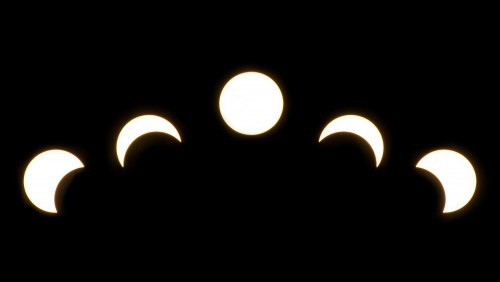What Is Bowel Obstruction and How Dangerous It Is.
Views:825 |
By:
Alice

Did you know you should celebrate every time you pass gas or do dirty body laundry? Now you know.
Years back, I would have laughed loud or slapped you if you would have advised me on the same until I met a friend who had lost his father because of the same. Confusing?
Guess what, 2022 is that year? Nature did not struggle in instilling that vital knowledge or wisdom in me and whoever said the world and experience are the best teachers was a damn genius since my in and out-of-hospital experience has enabled me to learn, unlearn, then relearn, and if the proverbial phrase is something to go by, I am now a certified doctor.
Through this experience, I’ve learned so much, including diseases and conditions I never thought existed, and one of them is bowel obstruction.
What is a bowel obstruction and what causes it?
A bowel obstruction, also known as intestinal obstruction, happens when something obstructs /blocks your large or small intestine. It is a dangerous problem since you cannot pass gas or have a bowel movement if your digestive tract stalls.
Signs of an intestinal / Bowel obstruction.
Your intestine becomes blocked or obstructed when something gets stuck there. For a medical emergency, if the stomach is halted, a timely response is necessary.
Signs of intestinal obstruction include:
• Intermittent cramps and stomach pain.
• Loss of appetite.
• Constipation.
• Abdominal enlargement
• Vomiting.
• Inability to have a bowel movement or pass gas.
• Swelling of the abdomen Mechanical factors contributing to intestinal obstruction:
• Scar tissue that develops after surgery.
• Intestinal tumors that are obstructing.
• Stuffed stool.
• Foreign objects swallowed can block the intestines.
• Intussusception (telescoping of one segment of bowel into another)
• Gallstones (rare)
• Hernias.
Healthy Eating Can Reduce Your Risk of Bowel Obstruction
Bowel blockage can arise from a variety of factors other than your diet. This advice may lower your risk of developing an obstruction, however, may not apply to everyone. If you have questions, consult your doctor.
A constriction of the gut bowel may cause bowel obstruction. This might happen in areas with tumors, scar tissue, intestinal hernias, or edematous conditions. It might also take place if there are problems with the blood flow or muscles of the intestine.
• Most bowel obstructions occur in the small intestine. However, the colon can also develop tumors and twist its intestine around scar tissue.
• Some meals include significant levels of dietary fiber that we cannot digest (examples: cellulose, hemicellulose, and lignins). By limiting these foods, you may reduce your chance of developing a bowel obstruction from food.
Tips
• Chew foods thoroughly
• Eat gently and in a calm environment
• Snack on food more frequently throughout the day in smaller portions
• Drink 2 to 2.5 liters (8 to 10 cups) of fluids every day
•Avoid alcohol and caffeine-containing beverages

 What Many Don’t Know: Hormonal Changes in Women in Their 30s and After Birth
What Many Don’t Know: Hormonal Changes in Women in Their 30s and After Birth  How to Cycle Sync Your Periods for Better Health and Balance
How to Cycle Sync Your Periods for Better Health and Balance  Brazilian Waxing and vaginal health, everything you need to know
Brazilian Waxing and vaginal health, everything you need to know  5-Minute Daily Health Boost Routine
5-Minute Daily Health Boost Routine  How Millennial Mums Can Talk Periods with Preteen Girls
How Millennial Mums Can Talk Periods with Preteen Girls